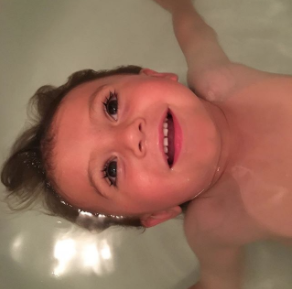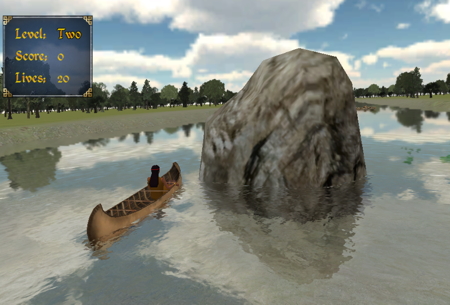Although our site has a section, “Educational Resources”, it’s obvious, but not always acknowledged, that teachers aren’t the only educators. Always true, but particularly if you have a child with a disability, parents and siblings can be crucial in the education of their family member.
Where do we start? There are so many sides to having a family member with a disability. These may include just helping with daily living activities, such as bathing, brushing teeth or walking. Care for a person with health problems or a disability can be more difficult than for other family members. You need to give medicine, be involved in school, health care decisions, and making sure your family member has a healthy lifestyle. In all of that, you need to be sure you find time to care for yourself as well. Much of the time all your family members bring the same to the family – friends in the house, jokes and just someone to sit with on the couch. They also bring problems with learning to take care of themselves, discipline and getting along with one another.
Let’s begin our discussion of families with young children and move on through the ages, starting with ….
Behavior Problems
All children are a behavior problem sometimes, but children with disabilities have more behavior problems than others. In preschool settings, the most common reason that children with disabilities are unable to attend the regular program is due to unacceptable behavior. As adults, the most common reason that people with disabilities lose jobs is an inability to get along at work, not because of lack of job skills.

Think of all of the things a child can do to make you worried, upset or just plain crazy. Here are a few from our own families
- running away from home
- hitting other children
- screaming at the top of their lungs
- whining
- breaking objects you would prefer not to have broken
- spitting their medication into the rug instead of swallowing it
- taking things that don’t belong to them
- eating things they shouldn’t eat, such as laundry soap
- sticking their toy army men in the DVD player and breaking it
We are very sure you could come up with an equally long list of your own, and we are just getting started, right? Despite the large number of possible behavior problems, really, children do things for one of a few reasons.
- They want to get something.
- They want to get away from something.
- They want to tell you something.
- They didn’t know of anything better to do.
In the next several posts, we will address these one at a time.



“Children do things for one of a few reasons.”
Also, HALT. Hungry, Angry, Lonely, Tired.
Yes, that’s another way to look at it.